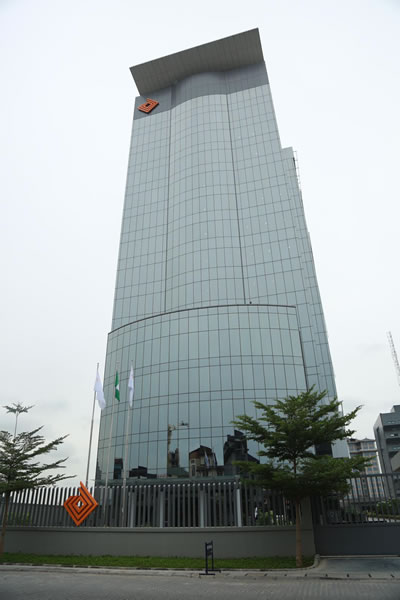
Access Bank without a doubt has made a dent in these figures through its landmark partnership with the Private Sector Health Alliance of Nigeria. This unique collaboration called the Malaria-to-Zero Initiative is an innovative financing platform that aims to galvanize private sector resources and capabilities for sustained support towards averting at least 1 million malaria cases and deaths.
Meanwhile, Nigeria is the most affected country on earth, contributing about 25 percent globally.
“The only way to end or at least reduce the prevalence of malaria is by organizing and strategically leveraging on the resources, capabilities and the proven expertise of the private sector organizations. This is what Access Bank has been championing with the Malaria-to-Zero initiative,” says Omobolanle Victor-Laniyan, bank’s head of Sustainability while highlighting the importance of cross-sector collaborations in eradication efforts and expressed intentions of Access Bank to intensify its effort.
According to the organisation, this program has been an important first step towards complementing the government’s effort in achieving its malaria pre-elimination goals.
Since inception, an estimated 273,000 people have been reached, many for the first time in rural communities of Nigeria, not just with testing and treatment, but with potentially life-saving information that has been put in place to prevent the occurrence of malaria. 357 community groups have been empowered and engaged with the technical capacity to roll out useful community interventions.
“Over 1 million people have been reached across the length and breadth of Nigeria with information, education, and communication materials. Social media has been a useful strategy and as such, over 6 million impressions have been made across several platforms.
“Low hanging fruits will always remain easy to pluck but the Malaria-to-Zero Initiative has been just as interested in harder-to-reach communities with about 15 of these communities finally receiving intervention programs for the first time,” says the organisation.